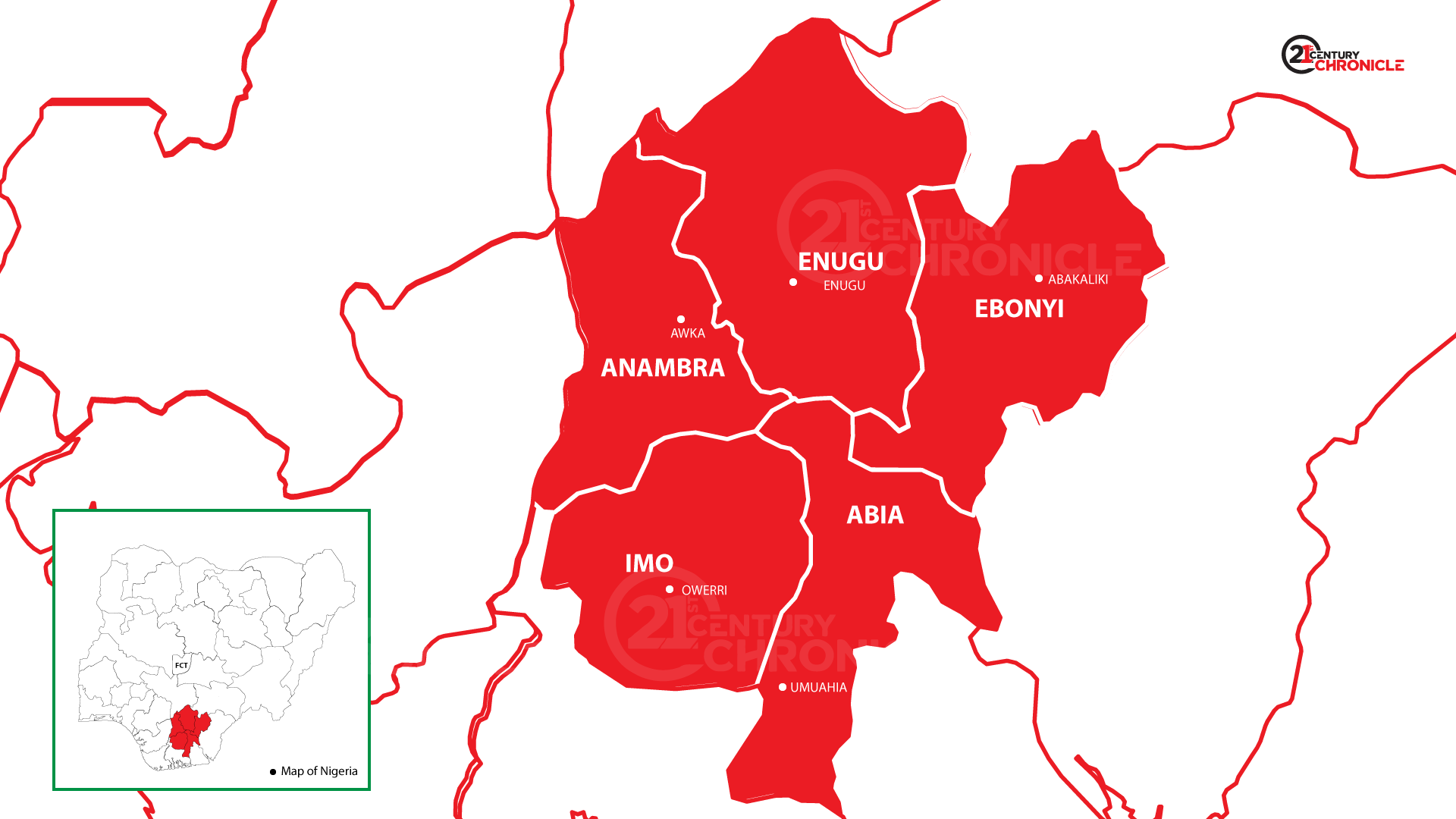South East
Region Dec 29, 2024 Last Modified:Jan 03, 2025

Table of Contents
Exploring the Rich History of the South East Region of Nigeria
The South East region of Nigeria is a land steeped in history, culture, and tradition. This region, primarily inhabited by the Igbo ethnic group, boasts a vibrant heritage that has shaped its identity for centuries. From pre-colonial times to the post-independence era, the South East has remained a cornerstone of Nigeria’s historical narrative.
Geography and Demographics
The South East region comprises five states: Abia, Anambra, Ebonyi, Enugu, and Imo. Known for its lush green landscapes, rolling hills, and fertile soil, the region is often referred to as the “land of the rising sun.” The area is densely populated, with the Igbo people making up the majority of its inhabitants. The Igbo language, alongside numerous dialects, is widely spoken.
Pre-Colonial Era
Before the advent of colonial rule, the South East region thrived as a hub of commerce and governance. The Igbo people lived in decentralized communities, governed by councils of elders and traditional rulers. These communities were known for their democratic practices, where consultation and collective decision-making were paramount.
The region also developed a sophisticated trade network, with the Aro Confederacy playing a central role. The Aro people were renowned for their trade, religious influence, and oracle system, which attracted people from far and wide seeking spiritual guidance and conflict resolution.
Colonial Influence
The arrival of British colonialists in the late 19th century brought significant changes to the South East. The imposition of colonial rule disrupted traditional governance systems and introduced Western-style education and Christianity. Despite this, the Igbo people fiercely resisted colonial domination, with notable uprisings such as the Women’s War of 1929, where women protested against unfair taxation and colonial policies.
Post-Independence and the Nigerian Civil War
Following Nigeria’s independence in 1960, the South East region quickly became a center of economic development and intellectual progress. However, political tensions and ethnic divisions eventually led to the Nigerian Civil War (1967-1970), also known as the Biafran War. The South East declared itself the Republic of Biafra, leading to a brutal conflict that claimed millions of lives and left a lasting impact on the region.
Despite the devastation of the war, the resilience of the South East people enabled them to rebuild and thrive once again. Today, the region is celebrated for its entrepreneurial spirit and contributions to Nigeria’s overall development.
Culture and Traditions
The South East region is a treasure trove of cultural riches. From vibrant festivals such as the New Yam Festival to intricate masquerade dances, the Igbo people prioritize the preservation of their traditions. Music, art, and storytelling play vital roles in passing down history and values from one generation to the next.
Traditional attire, such as the Isiagu (a patterned shirt often worn with a red cap), remains a symbol of cultural pride. The Igbo traditional marriage ceremony, with its colorful displays of customs and practices, is another hallmark of the region’s heritage.
Economic Contributions
The South East is renowned for its entrepreneurial drive, with many people excelling in trade, manufacturing, and innovation. The region is also home to the Aba market in Abia State, one of the largest commercial hubs in West Africa. Additionally, the agricultural sector thrives, with crops such as yam, cassava, and palm oil being staples of the economy.
Conclusion
The South East region of Nigeria is a testament to the power of resilience, culture, and history. From its pre-colonial roots to its modern-day achievements, the region continues to play a vital role in Nigeria’s story. By understanding and celebrating its rich heritage, we not only honor the past but also inspire future generations to embrace their identity and heritage.
